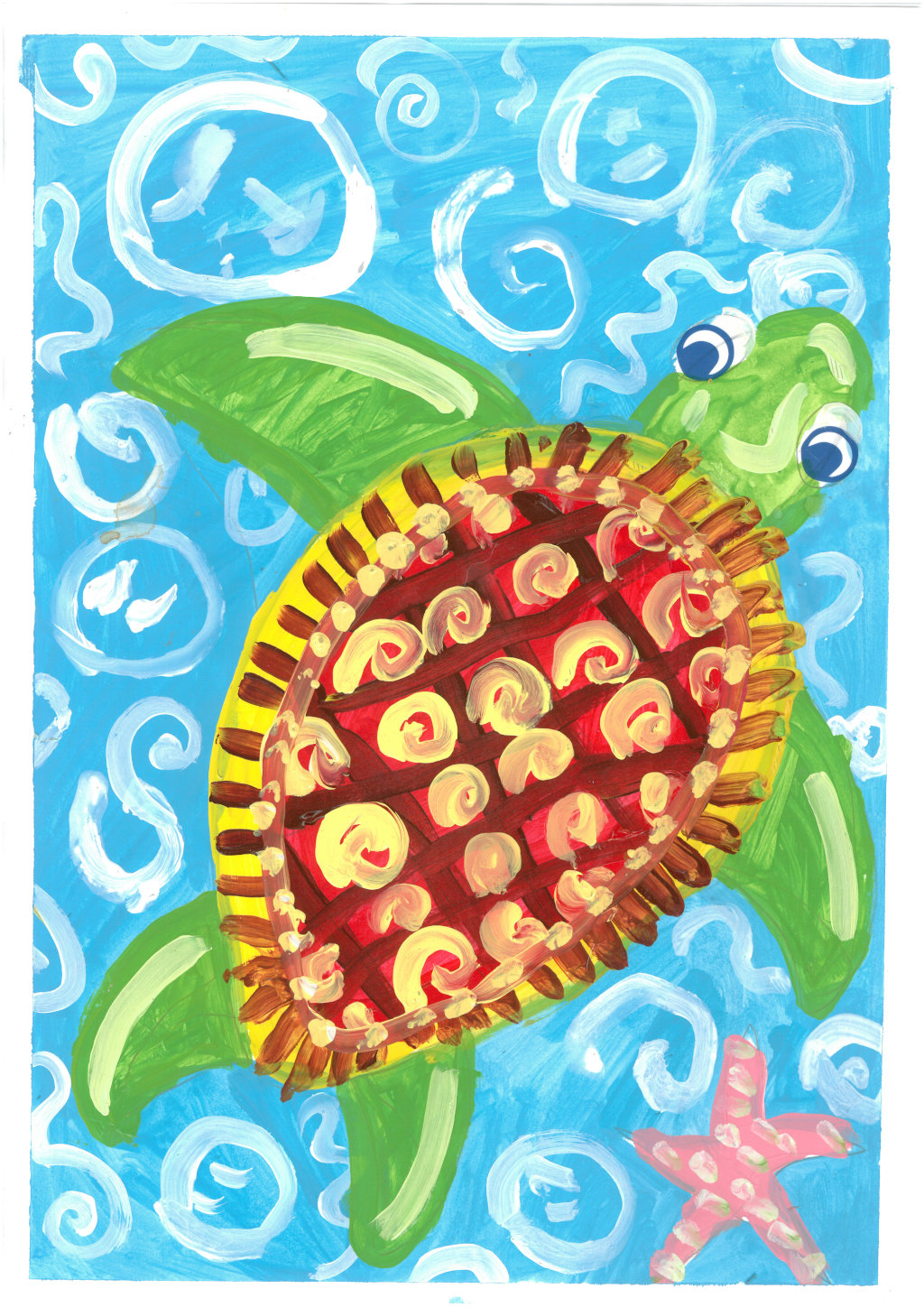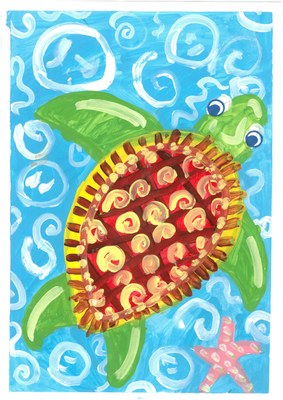Research Projects
“The Ethics and Aesthetics of Animal Advocacy Documentary Film in Twenty-first-century Western Cultures"
Reference: CIAICO/2023/046
Funding for consolidated research groups.
Funding institution: Conselleria d'Educació, Cultura i Universitats – Generalitat Valenciana
PI: Claudia Alonso Recarte
Members: Margarita Carretero-González, Manuel de la Fuente Soler, Nuria Máximo Bocanegra, Brett Mills, Ignacio Ramos-Gay, Carlos Tabernero Holgado
Duration: 01/09/2024 - 31/08/2027
Summary: This project addresses the representation of nonhuman animals, activists and the problematics of nonhuman animal exploitation in twenty-first-century animal advocacy documentary film. These films are heir to the shocking documentaries, videos and footage that, beginning in the 1980s, became effective tools that the animal liberation movement used to raise awareness and denounce the hidden practices of animal exploitation industries. The project aims to critically survey the ethics and aesthetics that are representative of the animal advocacy documentary as a subgenre, and that are part of a wider media discourse in western cultures where animal exploitation has acquired growing public attention affecting legislation, education, consumerism and production. This project conceives ‘western’ cultures in a holistic manner, in the sense that the discourses adopted by films produced in Britain, America or Australia are similar to those of German, French, Spanish, Austrian, Scandinavian, Italian, or Dutch productions. Notwithstanding the idiosyncrasies that are particular to certain languages, or the focus that some of these films may have on nation-specific issues (for instance, Spanish filmmakers’ persistent denunciation of the abuse of Spanish greyhounds or bullfighting, or Scandinavian filmmakers’ exposure of the fur industry), this project functions under the assumption that there is such a thing as an identifiable ‘western’ discourse used to structure and give shape to animal advocacy documentaries. Such premise rests on the demonstrable repetition of patterns across productions from different continental European nations, which also mirror the tendencies set forth by British and American documentaries, which may historically be credited as the films that began to explore the potential service that documentaries could pay to the animal rights and liberation movements. The narratives, arguments, rhetoric, editing techniques and story arcs that are transversal to productions from different western countries should not be considered as symptomatic of a discourse that has come to the limits of its fertility, but, more productively, as undeniable proof of there being a sense of community shared amongst activists who feel united in their attempt to make the world a better place for nonhuman animals, even within the complex spectrum that stretches from welfarism to complete abolitionism and that often enough leads to conflicting internal views.
“Plastic arts as a tool to develop empathy towards animals"
By Resolution of the Vice Rector for Faculty Policies of the University of Oviedo, dated June 27, 2023, extract published in the Official Gazette of the Principality of Asturias on July 7, 2023, the call for certification of teaching innovation projects for teaching and research staff of the University of Oviedo (2023/2024) is approved.
Institution: University of Oviedo. TEACHING INNOVATION PROJECT
Coordinator: Beatriz Cimadevilla Alonso
Members: Beatriz Cimadevilla Alonso
Duration: 2023-2024 academic year
Summary: In our current society, it is imperative to foster empathy towards our surroundings and the living beings that coexist with us on this planet. Furthermore, in light of the prevailing violence in educational settings, as evidenced by recent cases of school violence, it becomes crucial to promote empathy in order to establish a healthy school environment that effectively addresses and mitigates instances of bullying. To develop this concept, the present intervention proposal is designed to be implemented within the context of the plastic arts curriculum, with the primary objective of cultivating respect for animals and, by extension, promoting the development of empathy and sensitivity towards them. This approach is intended to generate a positive classroom dynamic among students. The intervention will integrate various techniques, such as the viewing of films and engaging in readings related to animal welfare and respect. Ultimately, the goal is to demonstrate to students that the plastic arts serve as a fundamental tool for emotional development and the cultivation of empathy.
“Animal ethics in literature: proposals and explorations of new teaching methodologies”
Reference: 27229341
Funding institution: Vicerrectorado de Formación Permanente, Transformación Docente y Ocupación at the University of Valencia. TEACHING INNOVATION PROJECT.
Coordinator: Claudia Alonso Recarte
Members: Margarita Carretero-González, Ana Fernández-Caparrós Turina, María Teresa Lajoinie Domínguez, Laura Monrós Gaspar, Jaume Peris Blanes, Ignacio Ramos Gay, Miguel Teruel Pozas, Jesús Tronch Pérez, Betlem Pallardó Azorín
Duration: 2023-2024 academic year
Summary: The project aims to create a space in which to work, at a theoretical and at a practical level, on methodologies related to the teaching of animal ethics in the fields of literature in English, French and Spanish. As such, it aims to respond to the growing concerns surrounding the animal question, animal welfare and animal rights that have permeated European and Spanish citizenship in recent years. The team will establish a corpus of readings and will design didactic methods that will reflect the contents, results and competences of the degree subjects at hand, at the same time that they will attempt to educate about animal ethics issues. We aim to take these methodological proposals to practical spaces of dialogue and debate so as to contribute to the increasing sensitization and awareness of the material and ethical treatment of nonhuman animals. The efficiency of these proposals as instruments of consciousness raising will be assessed by the students. In addition, the project is conceived as an initial study of a very specific nature (especially due to its exclusive focus on literature) on the exploration, evaluation and integration of teaching methods associated with core values in animal ethics. At a later stage, the project would become an integral part of a greater interdisciplinary project that would seek to analyze the efficiency and improve the quality of the teaching of animal ethics in multiple other disciplines in the fields of the humanities, sciences and social sciences.
“Representations of masculinities in animal advocacy documentaries in English (2000-2021)”
Reference: CIGE/2021/100
Funding dedicated to the research of emerging research groups.
Funding institution: Conselleria d'Educació, Universitats i Ocupació (former Conselleria d’Innovació, Universitats, Ciència i Societat Digital) – Generalitat Valenciana
PI: Claudia Alonso Recarte
Members: Margarita Carretero-González, Brett Mills, María Teresa Lajoinie
Duration: 01/01/2022 - 31/12/2023
Summary: The project seeks to contribute to the field of Critical Animal Studies by examining its intersectionality with Gender Studies and Masculinity Studies within a specific corpus: documentaries that focus on animal rights or animal welfare issues. Given the increasing popularity of both this filmic genre (in great part thanks to streaming services and platforms) and the “animal question” in the twenty-first century, the project seeks to examine how discourses about (new) masculinities and other gender identities are articulated, imbricated, or (re)constructed in narratives that fall within the category of animal advocacy, and how they inform the games of legitimacy, authority and authenticity that are so central to the documentary as a genre.
Some topics of research include:
- The representation of men and different masculinities in these types of documentaries, with a particular focus on the representation of the body in connection to vegetarianism and veganism, on the narrativization of human masculinity in discourses of extinction, on the influence of representations of homosexuality and queer identities, and on the influence of the cultural perception of the activist as “radical” or as a “terrorist”.
- The relation between the representation of nonhuman animals, sex, gender and gender roles, and how such categories may determine ethological findings that at the same time affect activist discourses.
- The application of the most recent theories in the field of Masculinity Studies and the more consolidated ecofeminist theories in these types of documentaries, and how they may influence the audiovisual representation of animal exploitation industries and practices.


